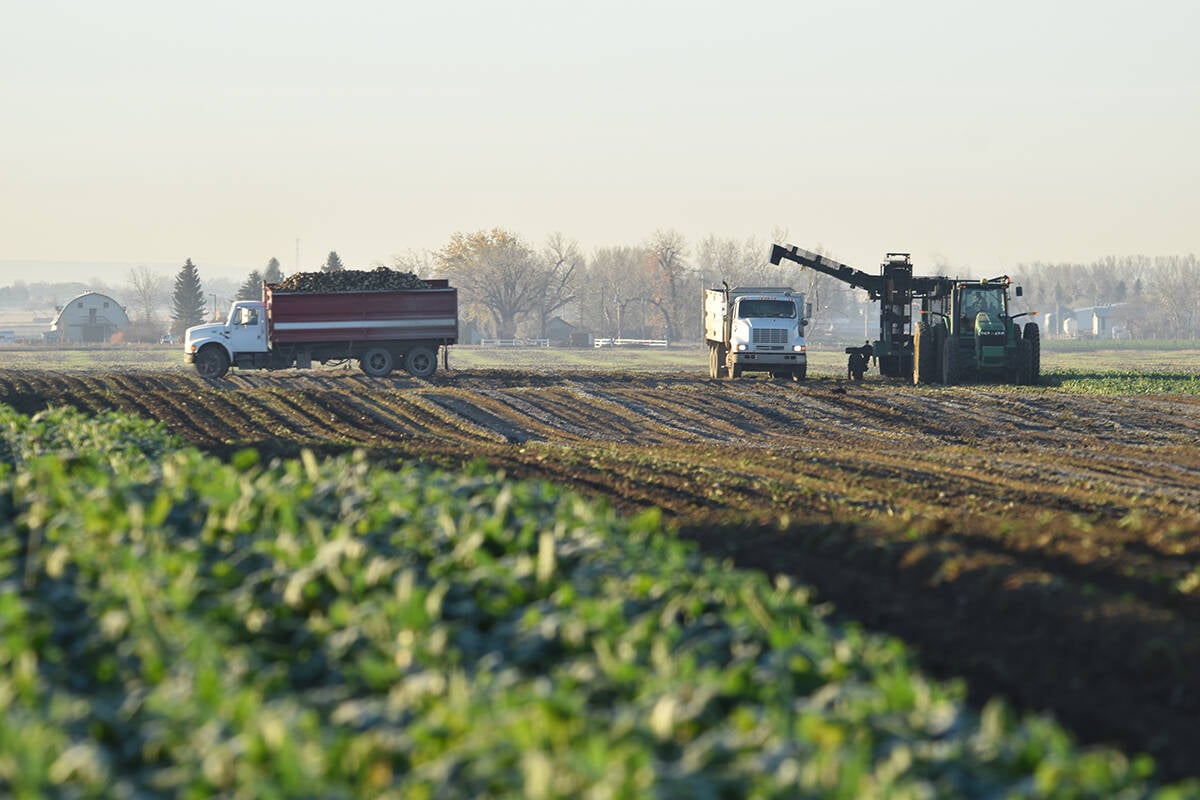SASKATOON – A study that some U.S. farm groups say proves the Canadian Wheat Board is an unfair trader is based on “infantile analysis,” said a senior official with the Canadian Wheat Board.
The report, prepared by the U.S. department of agriculture for American members of the Canada-U.S. joint commission on grains, says the board is guilty of dumping wheat into some export markets and undercutting other exporters’ prices.
It cites several examples indicating the board has sold wheat to markets like Mexico, Brazil and Iran at prices below the Canadian domestic price or below U.S. export prices.
Read Also

Canada the sole G7 nation without a Domestic Sugar Policy to aid local sugar beet production
Canadian sugar beet industry vastly different to US with free-market system compared to protective government-regulated sugar program
The results of the study have been trumpeted by some U.S. farm groups as evidence the board engages in “predatory pricing” practices which distort international trade and hurt wheat farmers by reducing prices.
Study meaningless
“We now have solid evidence that the wheat board … is not a fair trader,” said Ross Hansen, president of the U.S. National Association of Wheat growers.
But Harvey Brooks, head of corporate policy for the wheat board, said the USDA study is meaningless.
“At the end of the day, the fact that there are some export markets that sell below the North American values is not news to anybody,” he said in an interview. “To suggest that that type of selling practice is out of step with commercial reality is infantile analysis.”
Such a definition of dumping would include all sales made under the Export Enhancement Program and all wheat exports by the European Union, he said, adding the wheat board marketing system is legal under all international trade agreements.
The USDA report contains inaccurate information about CWB sales, he said, adding that in every example cited, the board either met the prevailing market or extracted a premium price. He said it would make no sense for the board to sell below market values and leave money on the table.
U.S. subsidies open
NAWG spokesperson Barry Jenkins acknowledged the EEP could also be defined as dumping, but said the difference is the U.S. does it in the open and is required under international trade rules to phase down its subsidies over the next few years.
“People who don’t do it in an open and public fashion and who indeed claim they don’t do it, aren’t required to make any adjustments,” he said. “We feel that given this information, they should have to be.”
Jenkins said a copy of the study will be given to “everybody in the administration who’s got a mailbox,” especially those on the committees that oversee the EEP.
Brooks said that confirms his belief the study is simply part of an ongoing effort to whip up support among U.S. political decision-makers for continuing EEP subsidies.
“This whole process (the joint commission) has been hijacked by the U.S. farm bill debate,” he said. “There’s just no rational process going on now.”
He said the fact that the study was leaked by NAWG, and that NAWG’s vice-president for governmental affairs Jim Miller is also the U.S. co-chair of the joint commission, shows the process has lost all integrity.
“Allowing such a conflict of interest to exist undermines any findings and suggests a commission that is being dictated to by the U.S. wheat lobby, rather than by sound, objective analysis.”














